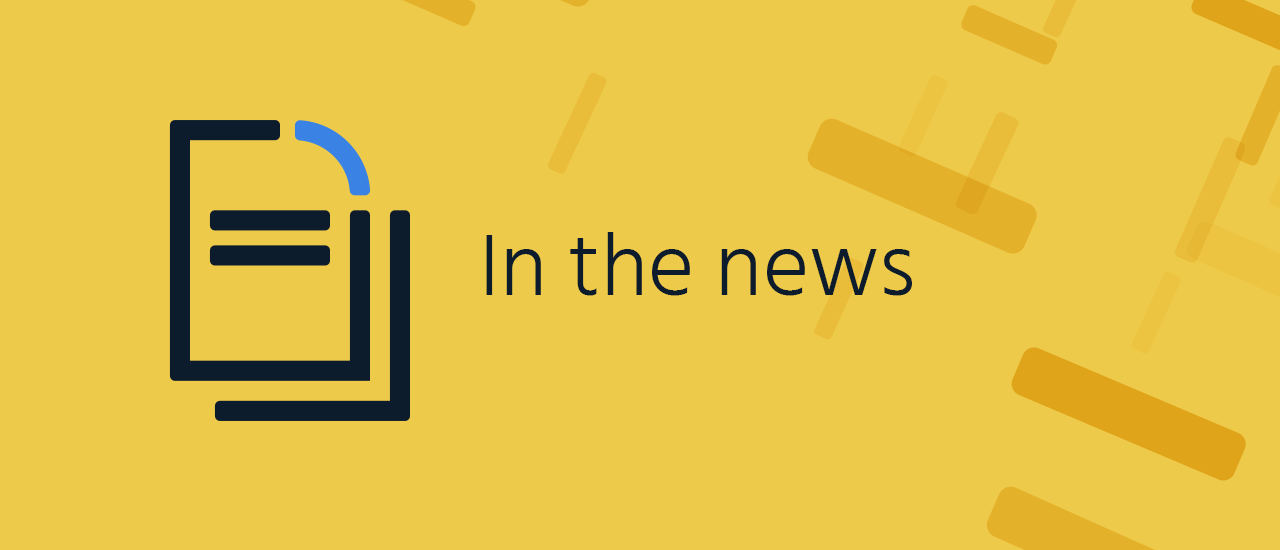AI and your job: Artificial Intelligence will affect 100 percent of the jobs out there, IBM CEO Ginni Rometty predicted, as noted at ZDNet.com. Everyone will have to change the way they work, she said. IBM’s work with its Watson AI system “starts with a fundamental belief that it’s going to change 100 percent of jobs, 100 percent of industries, and 100 percent of professions,” she added.
AI and your vote: Meanwhile, AI is creating new threats to election security, says CBS News. AI will help hackers better design attacks against voting systems, some security experts said. Automated bots can also be used to help hackers guess passwords, they said.
Big money for AI: Before we leave AI as a topic, the Massachusetts Institute of Technology has announced it will spend US$1 billion on a new college of computing with an AI focus, Fortune reports. The new college will serve as an interdisciplinary hub for data and computer science-related work.
Call it a comeback: BlackBerry, the down-on-its-luck smartphone maker, plans to reinvent itself as a secure Internet of Things hub, FT.com reports. Building on its past reputation as a maker of secure phones, BlackBerry wants to become a provider of secure IoT access.
Fake news front lines: Facebook provided some media outlets access to its war room in its fight against fake news, including the Guardian. The press tour “provided minimal new information” about Facebook’s specific strategies and the results of its efforts to combat foreign interference and false news, however.
More jobs: If you’re worried about AI affecting your job, there’s good news. The number of bitcoin and blockchain jobs available are growing quickly, reports Forbes. There’s been a 300 percent increase in the number of jobs related to bitcoin, cryptocurrencies, and blockchain over the last year, according to jobs site Glassdoor. As of August, there were 1,775 bitcoin and blockchain-related job openings in the United States, up from 693 at the beginning of 2018 and 446 last August.
Read the Internet Society’s Artificial Intelligence and Machine Learning policy paper and explore how it might impact the Internet’s future.
